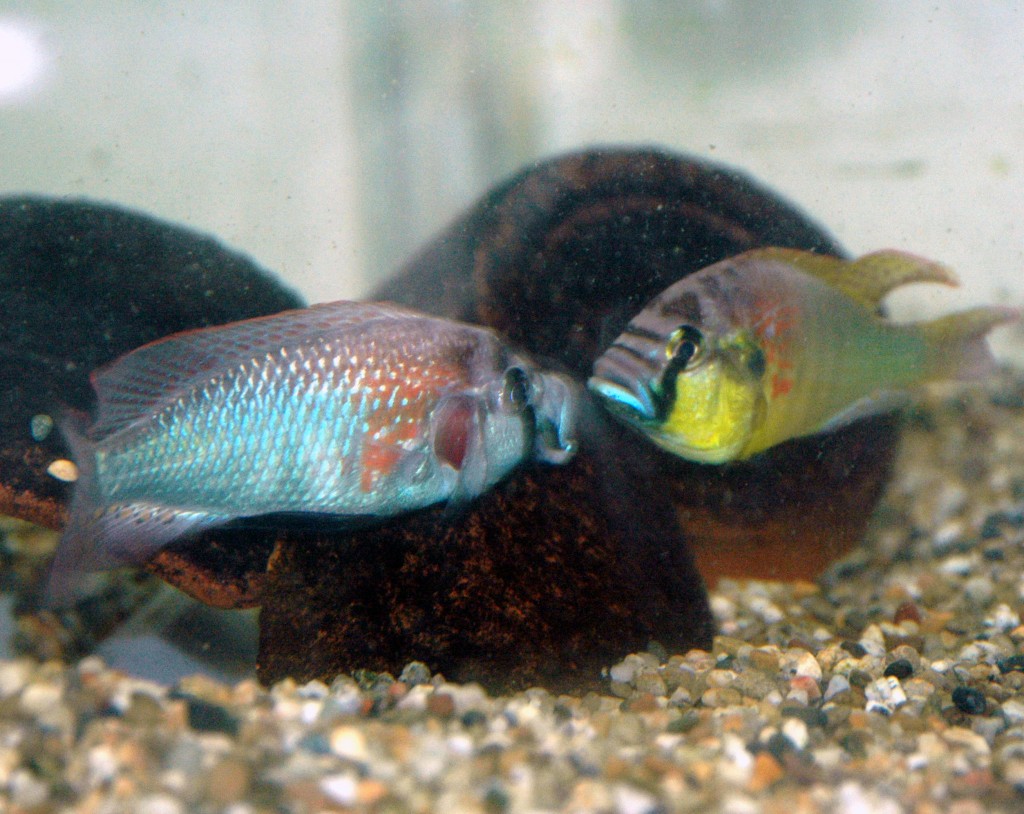Cognitive skills used for social behaviors
Russell D. Fernald
Department of Biology, Stanford University, USA
What do animals know and how do they know it? To understand animal cognition in the service of social behavior, we study communication about sex. This is arguably the most potent selective force in evolution (though light is a close second). In most social species, females are the rate-limiting step in sexual behavior so male behavior has evolved to impress and manipulate females into engaging in reproductive behavior. The evolution dominance hierarchies that are ubiquitous in social species are critically important in most social systems. Typically, males compete for high rank that dramatically influences their quality of life. Perks include increased access to food, reproductive opportunity and improved health outcomes. Not so for low ranking animals that have limited access to food, a suppressed reproductive system, limited reproductive opportunities and adverse health effects. Such hierarchies are valuable for saving energy otherwise needed to repeatedly assert high status. Using a fish model system, we have shown that animals have a surprising number of cognitive skills they use in the service of gaining status. For example, from observation alone, they use logic to figure out the dominance hierarchy amongst sets of males. Assessing the relative status of other males saves energy, allowing them to choose more wisely whom to challenge for higher status. Males attend to who is watching when they fight, adjusting their efforts up or down depending on the audience. Males can also improve their fighting skills through observation, allowing them to ascend socially more readily. Females observe male fighting and use that information in mate selection, using this skill only when they are ready to mate. The consequences of these cognitive activities are reflected in neurobiological and physiological changes. When a male ascends in status, within minutes, he upregulates genes required to achieve reproductive competence, which follows within days. Moreover, neurons that regulate reproduction, enlarge dramatically, become interconnected and deliver more signal to the pituitary. Correspondingly, when animals lose status these cellular and molecular processes reverse, neurons shrink, disconnect as the animal returns to a low status. The valuable cognitive skills in this species have evolved in response to requirements of social behaviour, and the remarkable physiological changes they cause reflect their evolutionary importance.









You must be logged in to post a comment.